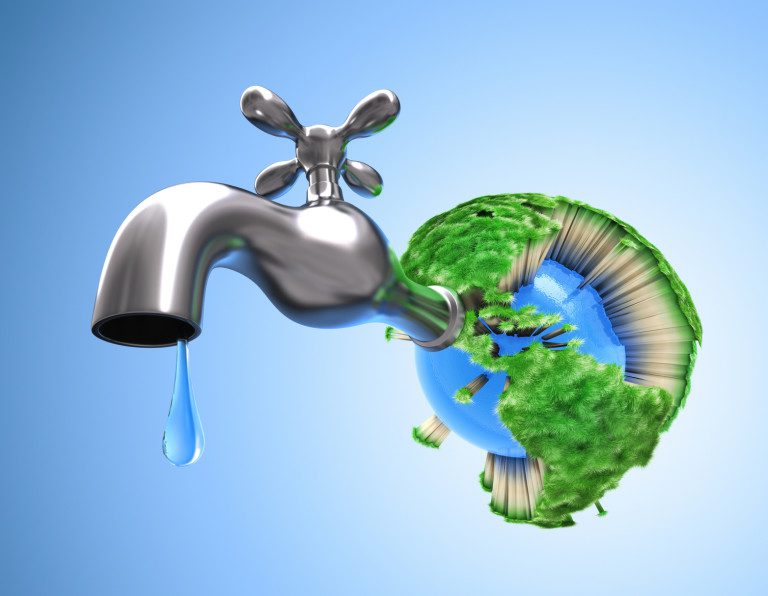May 29, 2013 By Dr. Becker
If you’re doing some spring cleaning or considering replacing harsh household cleaners with environmentally friendly versions, I have some important information for you.
Did you know that even “green” cleaners can still be dangerous and even deadly to pets? According to Dr. Karl Jandrey of the University of California, Davis Veterinary Medical Teaching Hospital:
“People expose their animals without even realizing the risk. That’s the most common thing that happens when you come to our emergency room—the clients put their pets at risk because they were unaware of how significant the damage could be.”
Pet owners who make their own green cleaning products often assume they’re perfectly safe because they contain only natural ingredients. But cats, for example, can become ill from certain essential oils, so it’s important to research each ingredient you’re considering using in your homemade cleansing agents.
If your pet has allergies (or even if he doesn’t, and you want to keep it that way), view my video on Safe Household Cleaners for Homes with Allergic Pets.
Proceed with Caution When Using Commercial ‘Green’ Cleaners
Many commercial green products are considered safe for animals, but it’s still a good idea to use the same precautions you would use with chemical cleaners. Keep your pet out of areas where cleaning agents are being used. Don’t spray or apply cleansers on or near your pet. And don’t allow your dog or cat to lick freshly cleaned surfaces or chew on sponges or cloths used for cleaning.
Also keep in mind there are countless meanings of the word “green,” so it’s important to do your homework to determine which products best suit your needs. Cleaners can be labeled “green” but still contain toxins, just at lower levels than similar products.
Dr. Jandry cites antifreeze as an example. Some antifreeze products contain propylene glycol instead of ethylene glycol. Propylene glycol is less potent should your dog or cat ingest some, but it’s still an intoxicant that can prove deadly for pets.
Another watch-out is that some products labeled “green” or “natural” are simply not, so it’s up to you as a concerned pet owner to educate yourself on which cleaner ingredients are truly non-toxic and which are not.
When you launder items used by your pet like bedding or soft toys, don’t use fabric softener sheets containing cationic detergents (chemical soap that kills bacteria). In fact, any detergent, soap or other cleaner that has a strong scent is likely to contain chemicals that can make your pet sick – especially cats.
Recommended: Safe Pet Grooming Products
It’s also a good idea to bathe your dog or cat with an all-natural pet shampoo and conditioner rather than products containing chemicals and heavy scents.
If you take your pet to a groomer, you can either request they use an all-natural shampoo or bring your own, and let them know you want no scented products applied to your pet’s skin or coat. It’s not unusual for a sensitive pet to return from a grooming appointment with very itchy, irritated skin as the result of the use of harsh or heavily scented products.






